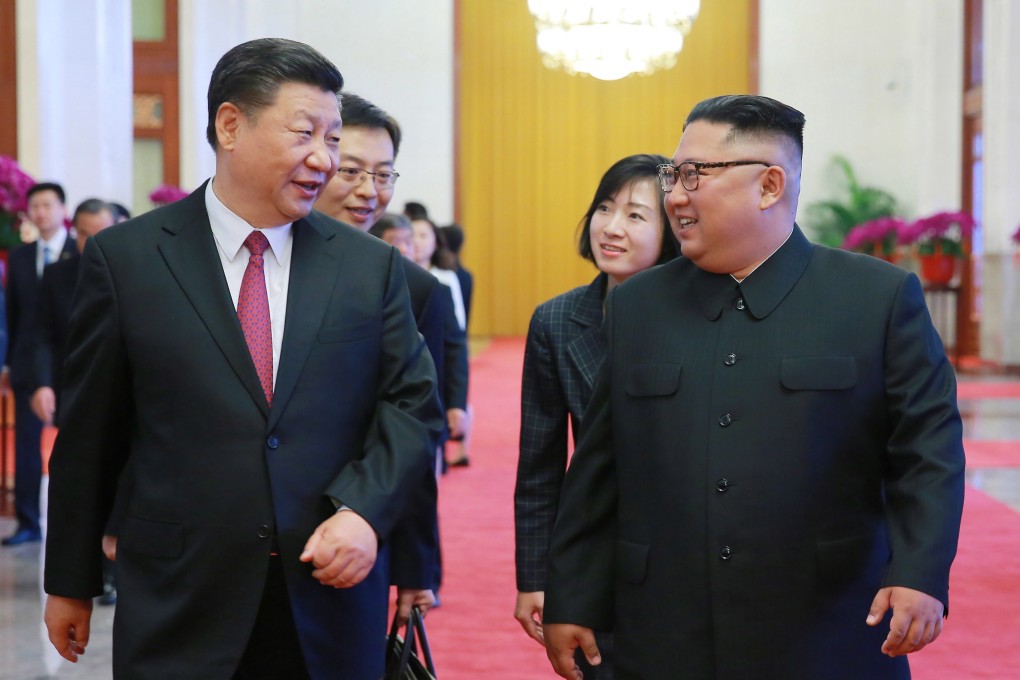Chinese President Xi Jinping to make first official trip to North Korea this week
- Visit to take place on Thursday and Friday and follows repeated invitations from Pyongyang
- Meeting could send a message to Washington that it still needs Beijing to play a part in denuclearisation of Korean peninsula, analysts say

Xi Jinping will make his first official visit to North Korea this week, the first by a Chinese president in more than a decade, state-run news agency Xinhua reported on Monday night.
Hu Zhaoming, spokesman for the Communist Party’s International Department, said Xi’s visit on Thursday and Friday followed an invitation from North Korean leader Kim Jong-un.
North Korean state media also confirmed the visit on Monday. It was widely reported in January that Xi accepted an invitation after a meeting with Kim in Beijing, but neither side had confirmed a date for the visit.
Xi is also expected to attend the G20 summit in Osaka, Japan, next week, but Beijing has yet to confirm whether the Chinese leader will meet US President Donald Trump.
Ko Min-jung, a spokeswoman for the South Korean presidential office, said Xi’s trip to North Korea would promote “the peaceful resolution of the Korean peninsula issue”.
“I hope that this visit will contribute to the early resumption of talks on the complete denuclearisation of and the establishment of permanent peace on the Korean peninsula,” Ko said.